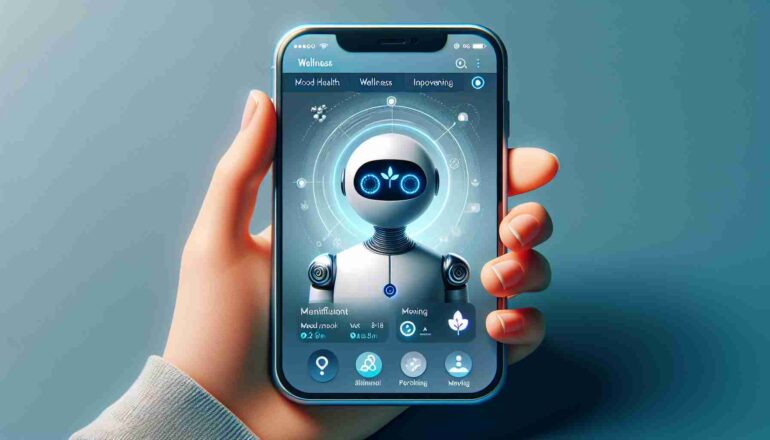TL;DR:
- Tomo, a wellness and meditation app, emerges from the partnership between Replika and AI dating simulator Blush.
- It features an AI-generated avatar named Tomo, offering personal growth, mental well-being, guided meditation, yoga, and talk therapy programs.
- Users can try Tomo for three days and then choose a subscription plan: $7.99 weekly or $49.99 annually.
- The app’s development involved collaboration with coaches, psychologists, and mindfulness teachers.
- Privacy concerns surround the use of AI in mental health therapy, but Replika emphasizes data protection.
- Tomo is currently exclusive to iPhones, with plans for an Android version and integration with Apple’s Vision Pro.
Main AI News:
In the realm of wellness and mental health, the convergence of generative AI and therapeutic guidance has birthed a remarkable creation: Tomo, the brainchild of AI companion company Replika in collaboration with the creators of the AI dating simulator, Blush. As generative AI continues to flourish, Tomo enters the scene, offering a unique amalgamation of digital therapy and guided meditation. However, in my time exploring this innovative app, I couldn’t help but ponder whether I could truly open up to an AI in the same way I do with a human therapist.
Tomo, now available for download on the Apple iOS store, transports users to a serene virtual island retreat, where they are welcomed by an AI-generated avatar named Tomo. This virtual guide extends a helping hand, presenting an array of programs designed to facilitate personal growth, mental well-being, and overall fulfillment. Among its offerings, Tomo provides guided meditation, yoga sessions, affirmation classes, and, most notably, talk therapy.
For the curious and the cautious alike, Tomo offers an initial three-day trial period, allowing users to experience its transformative potential firsthand. After this trial, individuals must make a choice between a weekly subscription priced at $7.99 or a yearly subscription at $49.99.
Eugenia Kuyda, the visionary founder and CEO of Replika, shed light on the app’s development process, stating, “We collaborated closely with coaches and psychologists to curate Tomo’s programs. We addressed prevalent issues while optimizing the interface for conversational AI. Drawing from our extensive experience in building coaching programs with clinical psychologists from UC Berkeley for Replika, we expanded our horizons by involving mindfulness teachers to amalgamate Eastern and Western practices.”
Yet, it’s important to acknowledge the controversies surrounding the use of AI in mental health therapy, particularly in the context of privacy concerns that still plague many technology-driven mental health solutions. Replika, the driving force behind Tomo’s digital avatar, encountered legal hurdles in Italy last year due to inadequate security standards in its Replika chat app. Replika’s CEO assures that they have taken more stringent precautions with Tomo, although the company’s complete privacy policy was not disclosed.
Kuyda emphasized, “We are committed to safeguarding user information. Tomo operates on a subscription model, and we do not share any data with third parties. What users confide in Tomo remains confidential, shared only between them and their designated coach.“
For now, Tomo is exclusively available on iPhones, with plans for an Android version slated for release later this year. Additionally, Replika envisions expanding its reach by launching an app on Apple’s Vision Pro, promising an even more immersive experience in Tomo-guided meditation. As the intersection of AI and mental health continues to evolve, Tomo stands as a fascinating testament to the possibilities and challenges inherent in this burgeoning field.
Conclusion:
Tomo’s emergence represents a significant step in the convergence of AI and mental wellness. However, the privacy issues and user trust challenges that persist in this space should not be underestimated. The app’s success and future market impact will depend on its ability to maintain data confidentiality and adapt to diverse user needs as it expands to new platforms.

